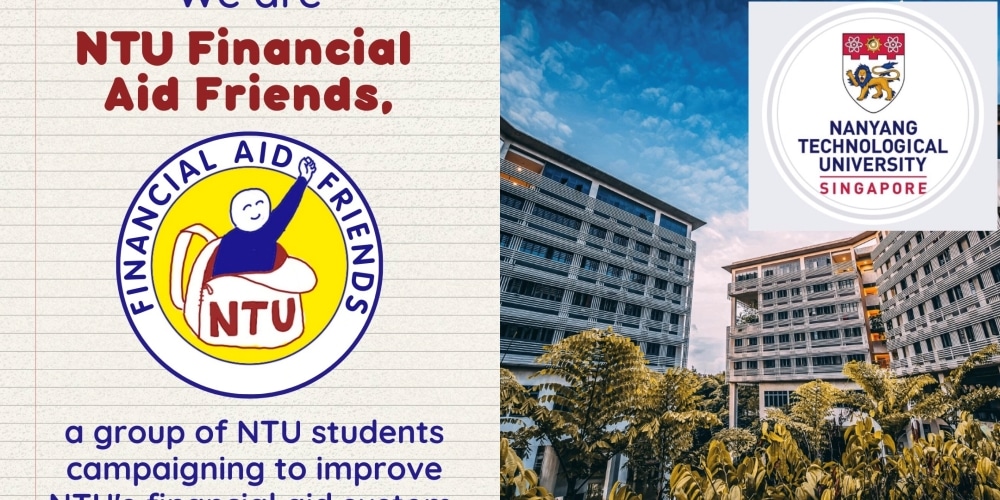It was earlier reported that Senior Minister Tharman Shanmugaratnam has announced his resignation from the People’s Action Party (PAP) in order to participate in the upcoming 2023 Presidential Election.
In a letter addressed to Prime Minister Lee Hsien Loong on 8 June, Tharman said that he will be running for president and intends to step down as Senior Minister and Coordinating Minister for Social Policies from 7 July next month.
“I plan to do so a month from now, on Jul 7, 2023, so that I can first fulfil my immediate official commitments in Singapore and internationally, and ensure that arrangements are fully in place for constituents of Jurong GRC to be well-served for the rest of the electoral term,” Tharman wrote in the letter.
He will also be stepping down as chairman of the Monetary Authority of Singapore (MAS) and deputy chairman of the Government of Singapore Investment Corporation (GIC).
Tharman charged and convicted in court
In 1992, Tharman was accused of leaking Singapore’s economic growth rate for the second quarter of that year before it was officially published.
Then PM Goh Chok Tong was very angry when the incident happened. He said he would not tolerate the illegal disclosure of sensitive or classified information, adding that the government had to “nip the problem in the bud” and prevent anyone from gaining personal advantage as a result of a misuse of official information.
“You can’t run a government that is leaking all over the place,” he said.
Tharman and four others were charged in court for violating the Official Secret Act.
Tharman, then director of the economic department of the Monetary Authority of Singapore (MAS), was accused of passing the figure on economic growth to a broking house and eventually to Business Times.
All five pleaded not guilty. They were charged in Dec 1992 and the case went on trial in Oct 1993. The case was deemed serious enough that then-Attorney General Chan Sek Keong announced that he was personally prosecuting the case because he wanted to make a point.
“It is that persons who have been entrusted with classified information of whatever nature in the course of their official duties must keep them secret,” he said.
A conviction for each charge in OSA carries a maximum penalty of two years in jail and a fine of S$2,000.
In court, AG Chan made it clear that communicating any government-classified information “unintentionally, recklessly or in any other way” constituted a crime. The defendants had earlier said they did not intentionally violate the law.
Eventually, the charge against Tharman was reduced from communicating classified information to negligence in Dec 1993. However, the reduced charge of negligence against Tharman still carried the same penalties as the original charge.
Tharman continued to contest the lesser charge of negligence and even defended himself on the witness stand. In the end, the Court nevertheless convicted him together with the others involved in the case. Tharman was fined S$1,500, and the others S$2,000.
Notably, a few years following this incident, Mr Tharman resigned from his position at the MAS to stand as a PAP candidate in Jurong GRC in 2001.
Qualifications of President
According to Article 19 of the Singapore Constitution, to qualify for election as President in Singapore, a person must meet the various stringent requirements.
One of them, Article 19(2)(d), was that the person is not subject to any of the disqualifications specified in Article 45 of the Singapore Constitution. And in Article 45(1)(e)(i), it said that the person shall not be qualified if he has been convicted of an offence by a court in Singapore or elsewhere and sentenced to imprisonment for a term of not less than one year or to a fine of not less than S$10,000.
It’s interesting to note that this part of Article 45 has just been modified only about a year ago. The disqualification fine quantum used to be S$2,000. It was changed to S$10,000 last May.
The following is the second reading speech by Minister Chan Chun Sing in Parliament last year to modify part of Article 45:
“Clause 3 of the Bill amends the current fine quantum in Article 45(1)(e) of ‘not less than $2,000’ to ‘not less than $10,000’.”
It begs the question why Article 45 was not changed earlier but only about a year before Tharman announced that he would be running for President.
While many hypothesize that it was done to prevent Mr Pritam Singh and Mr Faisal Manap from being disqualified if they are found guilty of the offences they are accused of, with Mr Tharman’s announcement, we wonder if the PAP government changed the constitution to make Tharman look better.
This is because his fine quantum of S$1,500 would seem minuscule compared to the new fine quantum of S$10,000 disqualification limit, which was changed last year.







